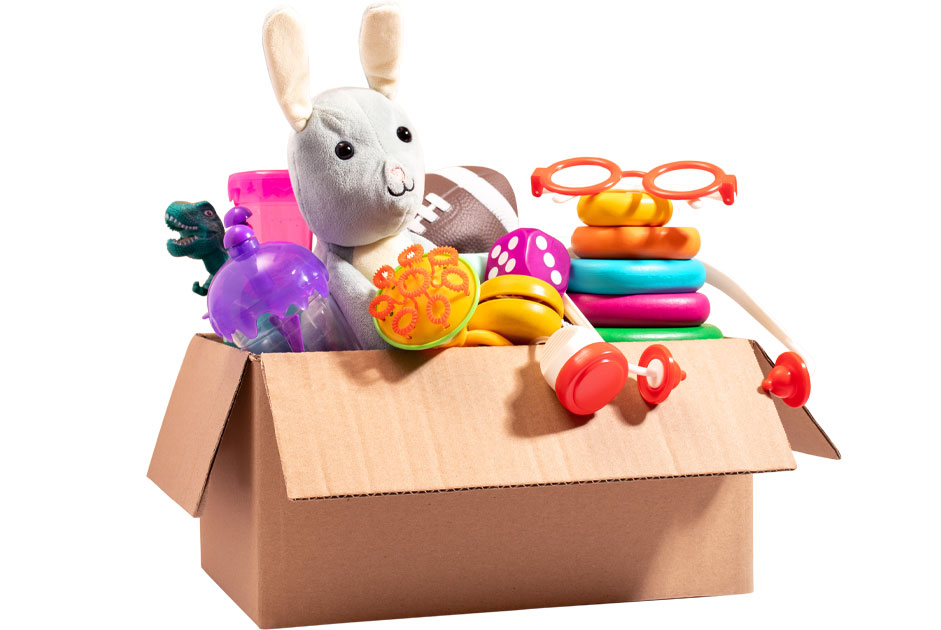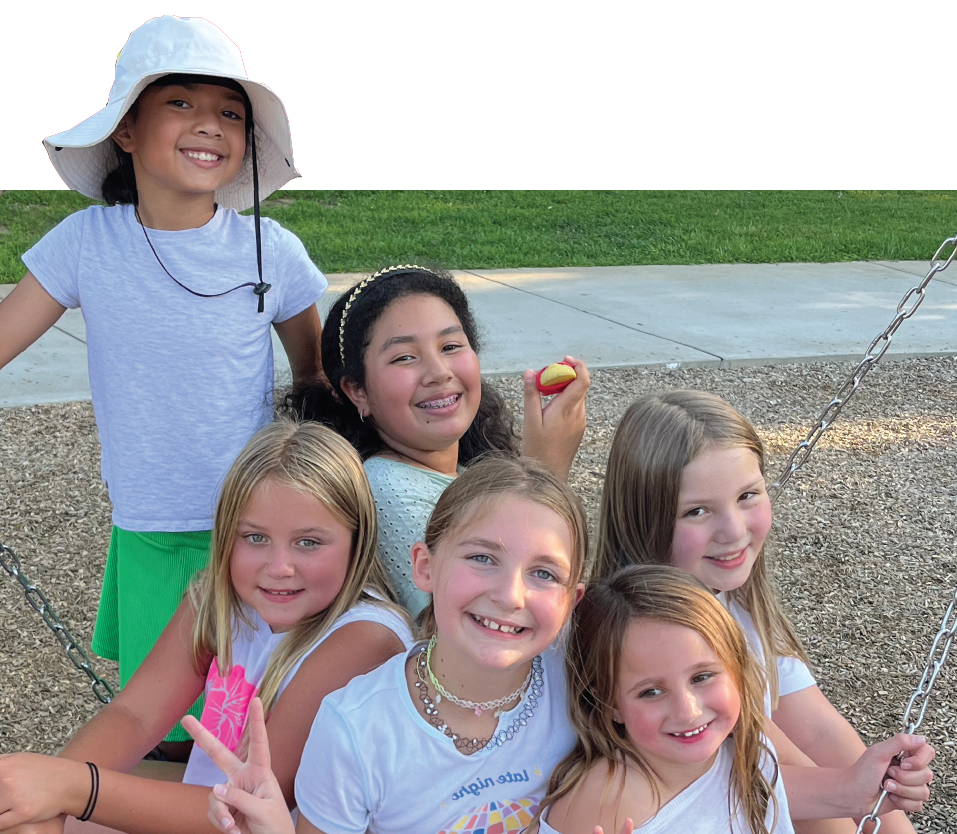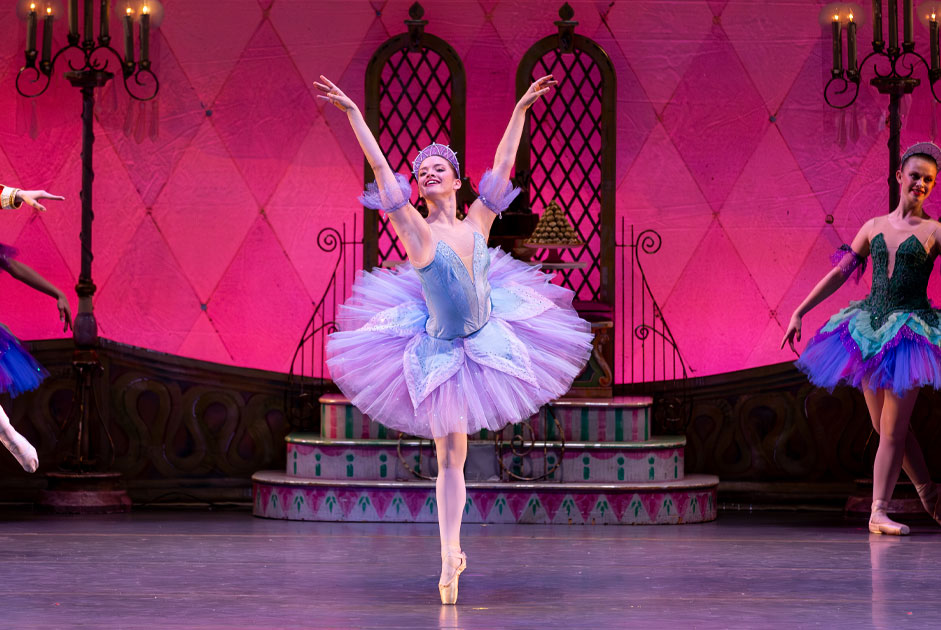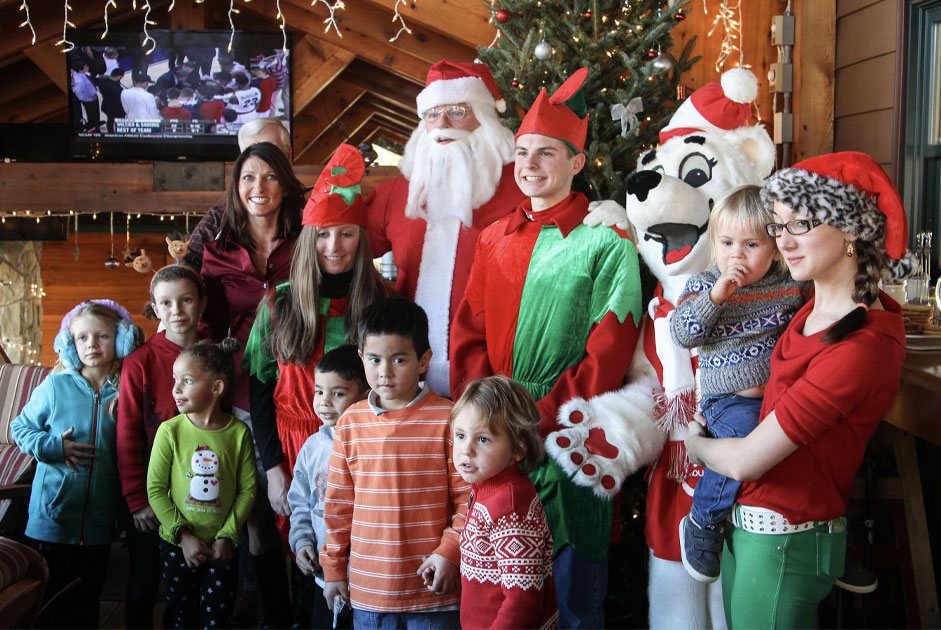March is here, and another line from a Shakespeare play enters the scene. . . “Beware the Ides of March,” warned the soothsayer in Shakespeare’s Julius Caesar as a prophetic precursor to the assassination of Julius Caesar (“et tu Brute?”) Whether the brutal overthrow of the Roman ruler and other dramatic Shakespearean tragedies (e.g., Romeo and Juliet and Anthony and Cleopatra) are more your cuppa tea, or whether you are fonder of complexly crafted comedies that tickle your funny bone (e.g., Much Ado about Nothing and As You Like It), share your passion for Shakespeare with your young ones.
Whichever you fancy, explore masterfully woven narratives, complete with plot twists, character complexities, and poetic verbalizations that woo the most romantic of us. Shakespeare buffs rejoice! Methinks you’ll be excited and entertained with these kid-suitable Shakespearean suggestions.
SMARTLY SELECTING SHAKESPEARE
Gauge a child’s maturity level and interest to know what to share when. Consider beginning with comedies, especially with the youngest children. Numerous resources and adaptations are tailored towards children. Don’t overdose on Shakespeare and overwhelm the kids. Forgo the adult approach by having them read and watch the entire play until they are ready. Shakespeare’s works are timeless classics and are available in multiple multimedia options. Explore the possibilities in children’s books, audio versions, BBC radio, and animated games.
Best advice? Be creative! Young ones often have shorter attention spans, so think like a kid and engage them with fun, interactive experiences that are interesting, stimulating, and challenging (but not too challenging). As a responsible parent or guardian, filter before sharing. Some adult themes in Shakespeare’s work you may want to save for later.
“ALL THE WORLD’S A STAGE” – PERFORM YOUR OWN SHAKESPEAREAN PLAY
Pick a fav or string together snippets of Shakespeare plays with a home-theatre performance. Let an adult be the casting director and hold non-stressful auditions that challenge kids to engage with their audience and explore different roles.
Have kids swap roles, trying different interpretations. Ask them about their fav roles and encourage them to be playwrights and write their own monologues and dialogues inspired by Shakespeare. Adapt the scenes for modern-day, and try a more contemporary and real-atable approach. Coach your actors in rehearsals to get them show-ready, and plan out the other production aspects like set design, costumes, audience invitees, and concessions.
SING SHAKESPEARE: FROM SONNET TO SONG
For the musically inclined, create Shakespearean songs. Collaborate on lyrics and develop a melody with an instrument(s) of your choosing. You can include this music at the beginning, between scenes, and in the finale of your performance.
Want to capture and share this special performance? Make sure it’s okay with everyone first, and don’t forget to invite the “press,” including a designated photographer and videographer.
REAL-ATE TO WHAT’S REAL
Reflect and journal about ways you can real-ate to Shakespeare’s colorful, complex characters. What characteristics do you share with the characters in the play? What makes you different? What are your real-ationships like and how do they unfold? Shakespeare masterfully holds a looking glass up to people. Help your children draw real-life lessons as they glimpse the characters’ strengths and weaknesses, motivations, and ambitions.
SHAKESPEAREAN SUGGESTIONS FOR KIDS
The comedies are an excellent place to whet your children’s appetite. What could be better than the wonderment and appeal of fairy magic in the light-hearted fantasy, A Midsummer Night’s Dream? Other fun plays to start with include The Tempest, Much Ado about Nothing, As You Like It, and Twelfth Night.
SHAKESPEAREAN SAYINGS
The Bard of Avon coined many new words and phrases and is credited with inventing more than 450 words that we use today, including favorites like “zany,” “yelping,” “grime,” “bandit,” “swagger,” and “dwindle.”
You may have heard and adopted some of these common expressions: “Knock, knock! Who’s there?” “in a pickle,” “wear your heart on your sleeve,” “laughing stock,” “break the ice,” “brave new world,” “the world is my oyster,” “wild goose chase,” and “full circle.” Your kids with “a heart of gold” (from Henry V, Act IV, scene 1) will be thrilled to know they are already quoting Shakespeare!



















